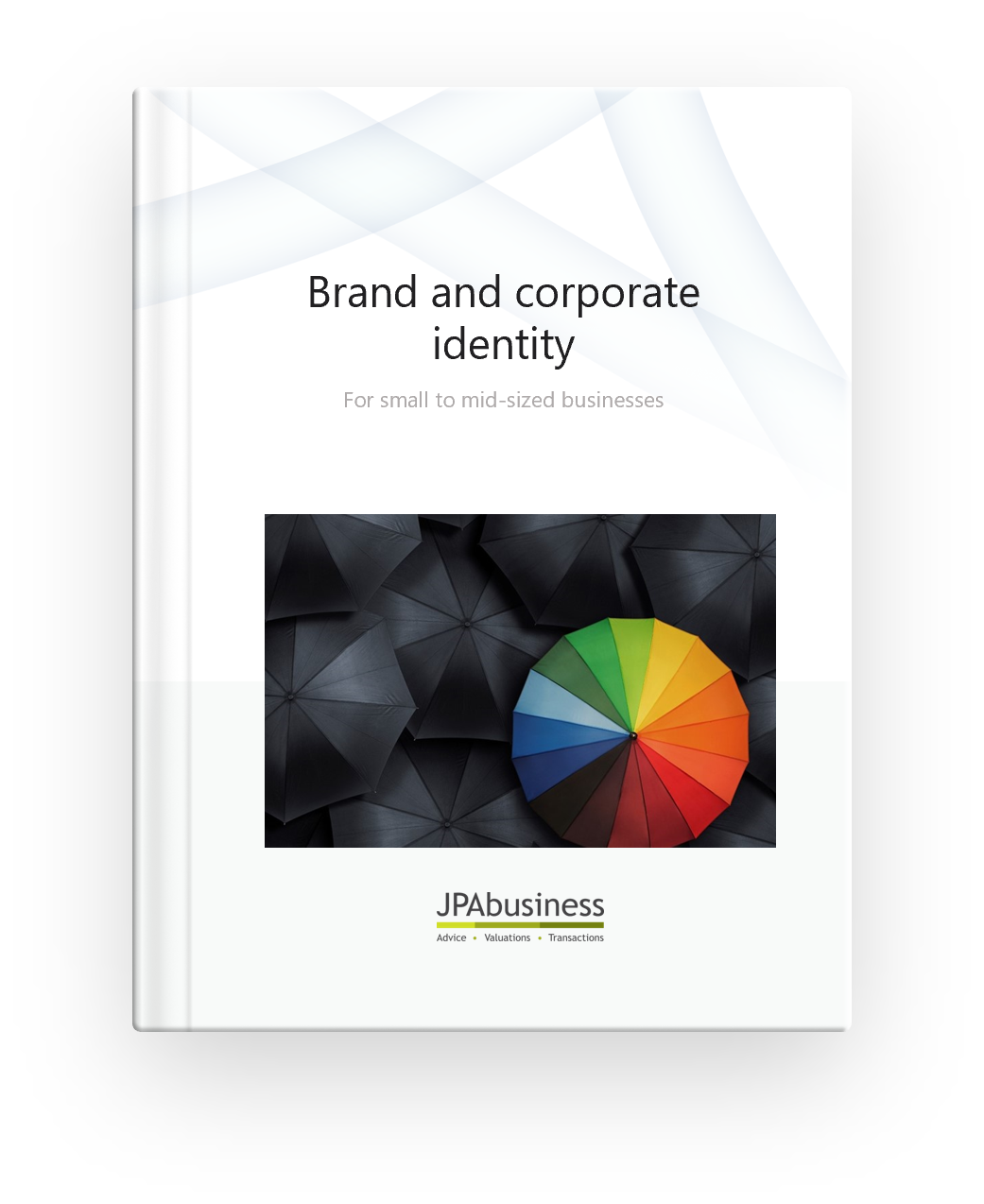
Whether your business turnover is $300k, $3m, $300m or $3b, your business’s brand and reputation is integral to its value.
So how can you avoid and manage risks that may harm those critical elements of your business?
To answer that question – and many others – I invited crisis management expert and brand strategist Richard Amos (pictured) from Royce Communications to join me on the latest Let’s Talk Business podcast.
In this blog I’m sharing some of Richard’s insights into the world of crisis communications, but I promise it’s just a snippet of all he shared on the podcast. I encourage you to give it a listen.
Examples of reputational risk
Firstly, to put our conversation in context, here are some common examples where reputational damage can occur:
- Insolvency or voluntary administration, or even just drastically reduced cash flow causing slow creditor payments versus obligations;
- Safety incident – causing death or disability to staff or clients;
- Environmental incident – causing harm and/or breaching laws, food poisoning etc;
- Employee/social incident – bullying, sexual assault or otherwise;
- Fraudulent behaviour – by staff, clients or suppliers, seriously impacting privacy records and/or business services or performance;
- Service and technology outages – leaving clients and other stakeholders without services they need to operate day to day.

Managing reputational risk
Over three decades in business, Richard has helped many clients create risk management plans to help avoid reputational damage, while also stepping in to provide emergency crisis support for others.
According to Richard, a business doesn’t need a huge communications team to manage its reputational risk.
Instead, you need 2 key things:
- Foresight, and the ability to plan and prepare;
- An ability to ‘read the room’ in terms of recognising your environmental, social and governance (ESG) requirements.
Foresight, planning and preparation
Step one, says Richard, is to consider: What’s the reputation and brand risk profile for my business?
You then need to prepare and plan for that risk profile by ‘getting ahead of it’ and being ready to manage any issues that may arise.
He says it’s even possible for brands to turn a ‘misstep’, which poses a reputational risk, into an advantage, simply by the way they respond. In the case of publicly listed companies, for example, analysts may ‘mark up’ those that show resilience, foresight and preparedness in the face of a crisis.
Reading the room
Community standards and expectations are changing, and organisations need to keep up with these changes by ‘reading the room’ and pivoting accordingly, says Richard.
By contrast, the worst thing a business can do is put its head in the sand, and have outdated and outmoded policies related to its ESG requirements.
Reacting in a crisis
If a crisis does occur, your actions and reactions must be aligned with the organisation’s already agreed upon core values, beliefs, principles and behaviours.
Ask yourself: What do we stand for in this situation?
Own it, face into it and be authentic in the way you communicate what’s going on.
What not to do
Richard says the worst thing an organisation in the grip of a crisis can do is delay coming out with a statement because it doesn’t have all the information at hand.
If that’s the case, he says, then tell your stakeholders that you don’t have all the information yet, but that you will reach out to them again when you do.
His key message: take your critical stakeholder group with you – don’t leave them behind and expect them to catch up when you’re ready to make the big announcement, only to find the damage has already been done.
Working with the media
Richard says it’s important to be open with the media, as well as your stakeholders, even knowing that the media will “go for the jugular”. It may be difficult for non-communications professionals to accept and understand but, he says, that’s the process.

Understanding the impact
Business reputation risk can detrimentally impact business goodwill value and, as a result, the sustainable performance of a business.
Similarly, as business valuers, we know that a strong business reputation can and does have a substantial positive impact on business goodwill value.
For instance, from small and mid-sized private business clients we have dealt with over 20+ years, 1-in-10 of these businesses have achieved values at a 10–20% premium to fair market value, as a result of outstanding business reputations.
Listen to the podcast
I’ve known Richard for more than 30 years and was delighted to catch up with him for the podcast. He is a truly inspiring leader, as well as being an intensely practical and seasoned business operator. I hope you enjoy the podcast as much as I did.

